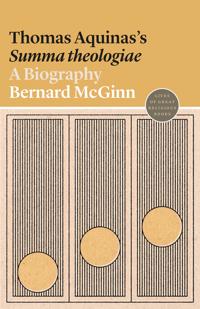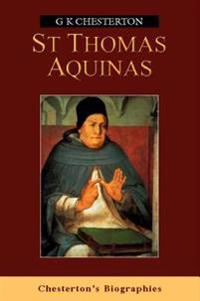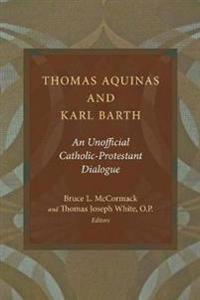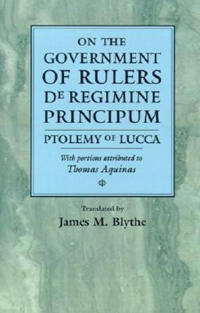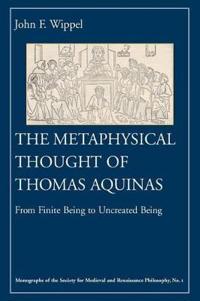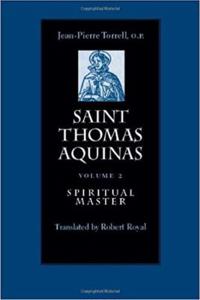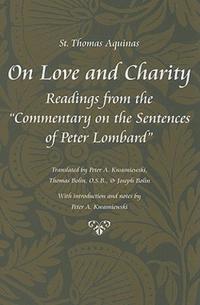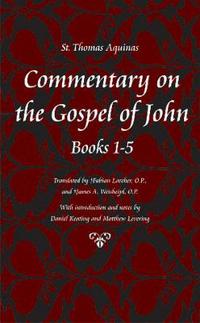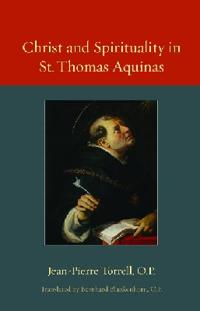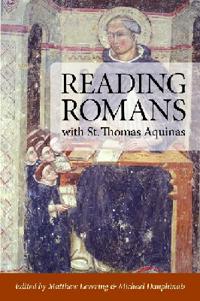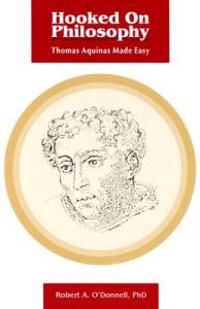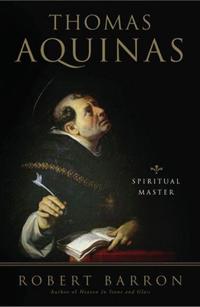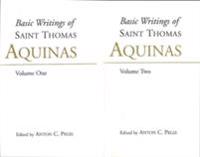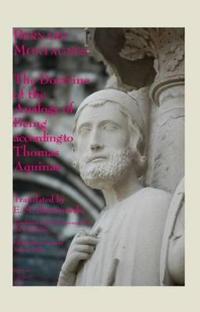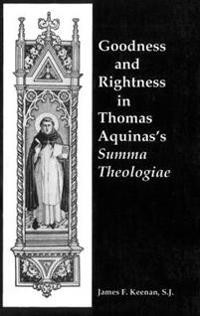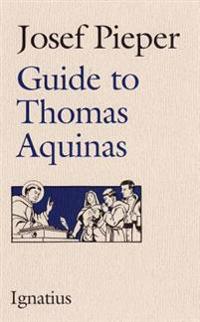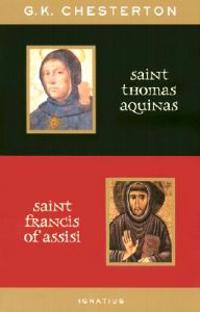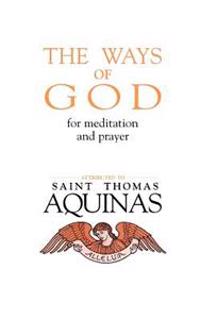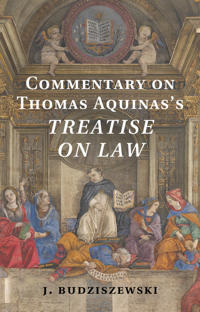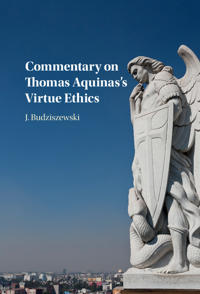Thomas Aquinas's "Summa Theologiae": A Biography (Inbunden)
avBernard Mcginn
ISBN: 9780691154268 - UTGIVEN: 2014-05-23Thomas Aquinas (Häftad)
ISBN: 9780754614722 - UTGIVEN: 2003-05The work of Thomas Aquinas (1224-1275) has become increasingly influential in recent doctrinal theology and theological ethics, aside from his extraordinary historical significance. Thomas has been read ever since his death, today as much as ever. What is it that distinguishes his work, and can his [...]
St Thomas Aquinas
ISBN: 9780755100255 - UTGIVEN: 2001-02Reissue. Will straddle both the academic and broader mass reading markets.
Thomas Aquinas and Karl Barth (Häftad)
avBruce L. McCormack
ISBN: 9780802869760 - UTGIVEN: 2013-08Thomas Aquinas and Karl Barth are often taken to be two of the greatest theologians in the Christian tradition. This book undertakes a systematic comparison of them through the lens of five key topics: (1) the being of God, (2) Trinity, (3) Christology, (4) grace and justification, and (5) covenant [...]
On the Government of Rulers De Regimine Principum: Ptolemy of Lucca with Portions Attributed to Thomas Aquinas (Inbunden)
avPtolemy of Lucca
ISBN: 9780812233704 - UTGIVEN: 1997-01Ptolemy, considered a proto-Humanist by some, combined the principles of Northern Italian republicanism with Aristotelian theory in his De Regimine Principum, a book that influenced much of the political thought of the later Middle Ages, the Renaissance, and the early modern period. He was the first[...]
The Metaphysical Thought of Thomas Aquinas (häftad)
ISBN: 9780813209838 - UTGIVEN: 2000-09This volume offers a presentation of Aquinas's metaphysical thought. It is based upon an examination of his texts organized according to the philosophical order as he himself described it, rather than according to the theological order.[...]
Saint Thomas Aquinas (Häftad)
ISBN: 9780813213163 - UTGIVEN: 2003-01This work lays out the theoretical background to Saint Thomas Aquinas' spirituality. It shows that his theology is clearly oriented towards contemplation and is as deeply spiritual as it is doctrinal.[...]
Commentary on the Gospel of John (Häftad)
avSaint Thomas Aquinas
ISBN: 9780813217239 - UTGIVEN: 2010-09Thomas Aquinas possessed excellent knowledge of the commentaries of Origen, John Chrysostom, and Augustine. On the basis of this foundation, he produced his own commentary on the Gospel of John as part of his task as a Master of the Sacred Page. Considered a landmark theological introduction to the [...]
Christ and Spirituality in St. Thomas Aquinas
ISBN: 9780813218786 - UTGIVEN: 2011-11Christ and Spirituality in St. Thomas Aquinas: *Takes readers to the heart of St. Thomas Aquinas as a theologian profoundly concerned with the spiritual life*St. Thomas Aquinas's holiness did not flower alongside his endeavor as a theologian or in isolation from it. Rather, it was a fruit of his pra[...]
Reading Romans with St. Thomas Aquinas (häftad)
ISBN: 9780813219639 - UTGIVEN: 2012-04St. Thomas Aquinas produced his Commentary on the Romans near the end of his life while working on the Summa theologiae and commenting on Aristotle. The doctrinal richness of Paul's Letter to the Romans was well known to the church fathers, including Origen and Augustine, on whom Aquinas drew for hi[...]
Hooked on Philosophy: Thomas Aquinas Made Easy (Häftad)
avRobert A. O'Donnell
ISBN: 9780818907401 - UTGIVEN: 199510Basic Writings of St. Thomas Aquinas: (Volume 1)
ISBN: 9780872203853 - UTGIVEN: 1997-09Volume 1 includes the whole of the First Part of the Summa Theologica. Pegis's revision and correction of the English Dominican Translation renders Aquinas' technical terminology consistently as it conveys the directness and simplicity of Aquinas' writing; the Introduction, notes, and index aim at g[...]
The Doctrine of the Analogy of Being According to Thomas Aquinas (Pocket)
ISBN: 9780874626247 - UTGIVEN: 2004-10Goodness and Rightness in Thomas Aquinas's Summa Theologiae
ISBN: 9780878405305 - UTGIVEN: 1992-12This appraisal of two of the most fundamental terms in the moral language of Thomas Aquinas draws on the contemporary moral distinction between the goodness of a person and the rightness of a person's living. Keenan thus finds that Aquinas' earlier writings do not permit the possibility of such a di[...]
St. Thomas Aquinas and St. Francis of Assisi (Häftad)
avG. K. Chesterton
ISBN: 9780898709452 - UTGIVEN: 2002-10Commentary on Thomas Aquinas's Treatise on Law
ISBN: 9781107029392 - UTGIVEN: 2014-09Natural moral law stands at the center of Western ethics and jurisprudence and plays a leading role in interreligious dialogue. Although the greatest source of the classical natural law tradition is Thomas Aquinas' Treatise on Law, the Treatise is notoriously difficult, especially for nonspecialists[...]
Commentary on Thomas Aquinas's Virtue Ethics
ISBN: 9781107165786 - UTGIVEN: 2017-04Although St Thomas Aquinas famously claimed that his Summa Theologiae was written for 'beginners', contemporary readers find it unusually difficult. Now, amid a surge of interest in virtue ethics J. Budziszewski clarifies and analyzes the text's challenging arguments about the moral, intellectual, a[...]


